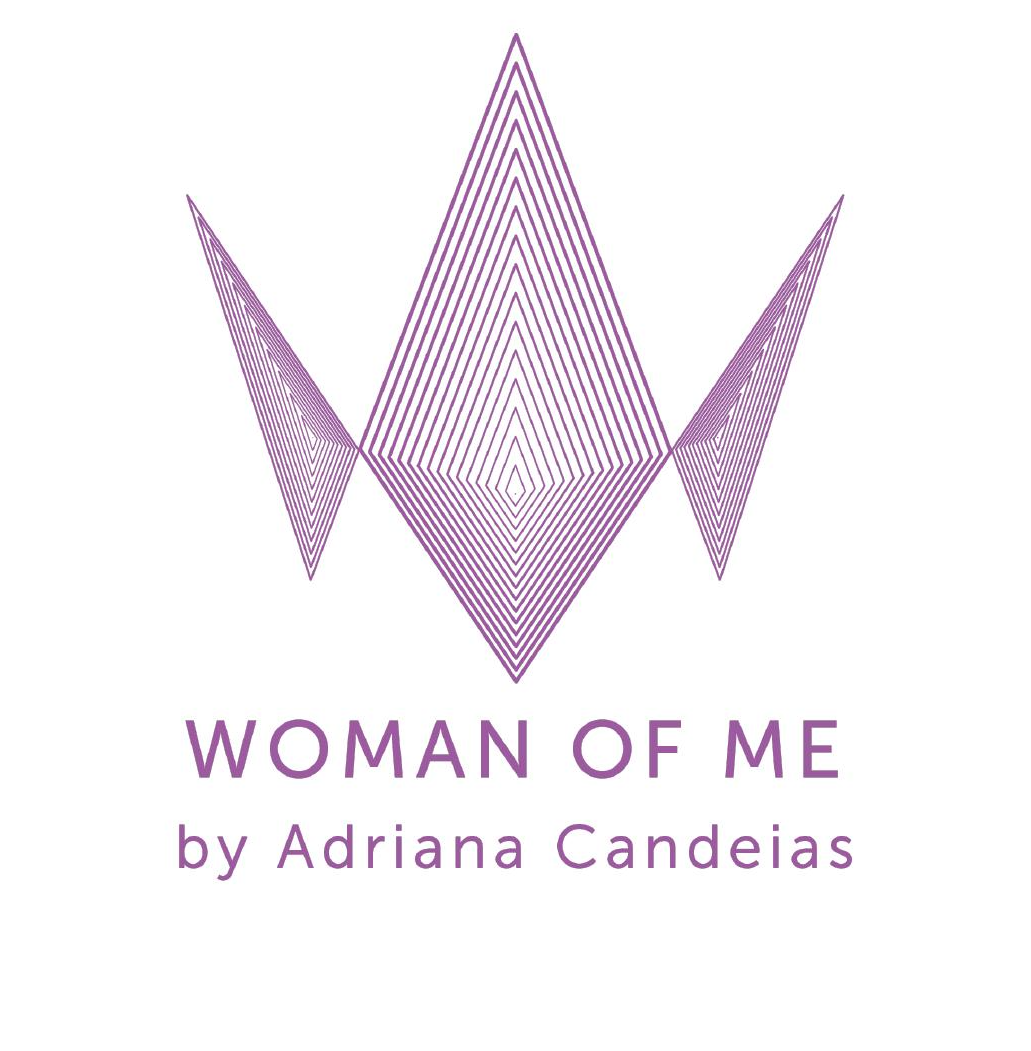How language changes the way we think
after Lera Boroditsky @ TED Women
I feel both fascinated and scared.
Almost as hopeless.
As I expand my work to different countries, with people from different cultures, mainly in a language which is not my mother-tongue, I feel deeply challenged to understand those around me and to make myself understood.
I have many years of positive feedback from my clients regarding the way I listen to them, the way I guide them to understand concepts, the way we are able to conduct our conversations in safety, acceptance, and growth.
Yet, in the aftermath of confusion, misunderstanding, and disconnection through talking with someone I love deeply, I feel I have just arrived to a new country where everyone speaks a language I have no means to understand.
How can we ever know the real meaning of the words that are expressed by those whose association to the same words is different from ours?
How can we ever know what is in the heart of another?
Recently I watched Simon McBurney’s absolutely magnificent play “The Encounter” where he presented conversations between a photographer and an Amazonian shaman. None spoke a word of each other’s languages. In fact they did not even use sound to converse. The communication happened within their minds. Telepathic messages. I came out with the urge of developing that method and I felt sorry for all the times where I did not trust the soundless messages I received. I regret the moments I did not act on that inner feeling and filled the silence with unsecure, useless and meaningless directly translated sentences.
There are many ways to communicate.
And I am growing tired of words.
Which clearly results from my inability (or courage) to express my deep real feelings. The true wisdom that resides in the heart.
Of many of those ways of communication, I am blessed to use music and dance and I have been able to connect with others through playlists, my own compositions and by body movement, as means to feel them and to express my self. Some of my most ecstatic connecting moments were wordless.
So here, challenging the idea that verbal communication is a higher form of human intelligence, and as Lera Boroditsky concludes, I shall continue to ask
“how could I think differently” and
“which thoughts do I wish to create”.
Quite timely!
